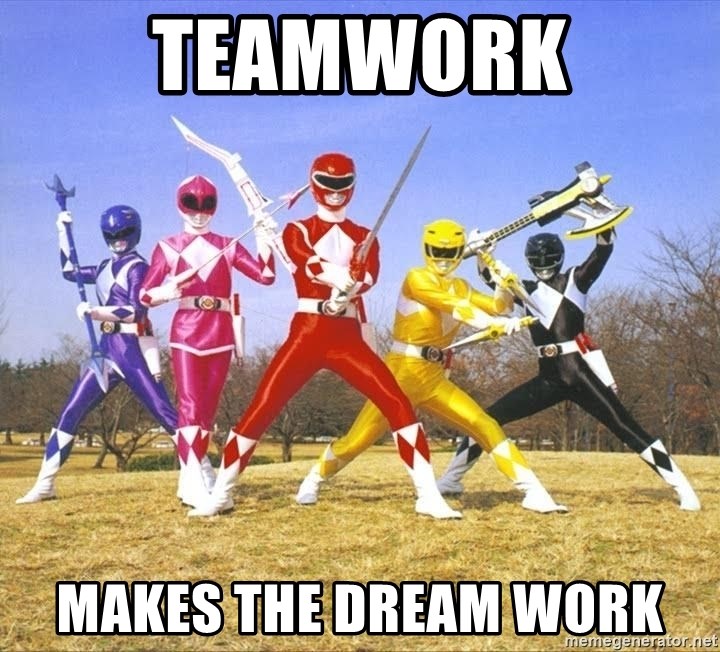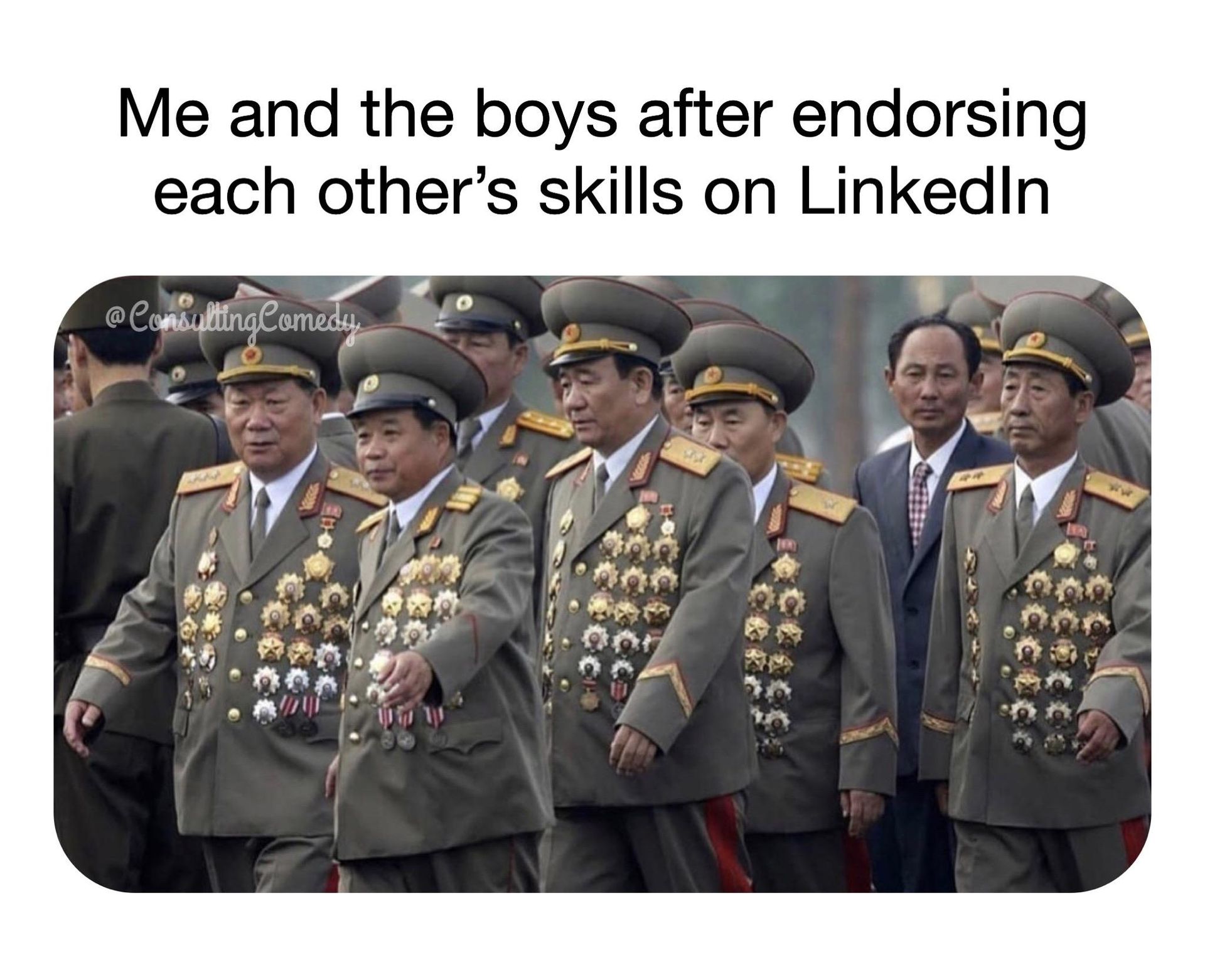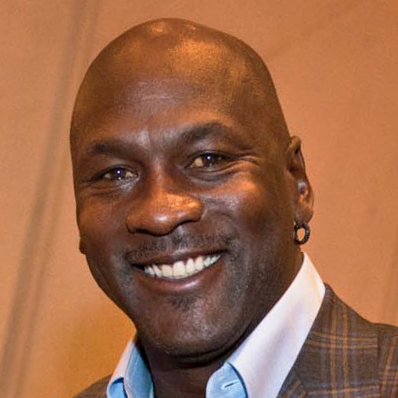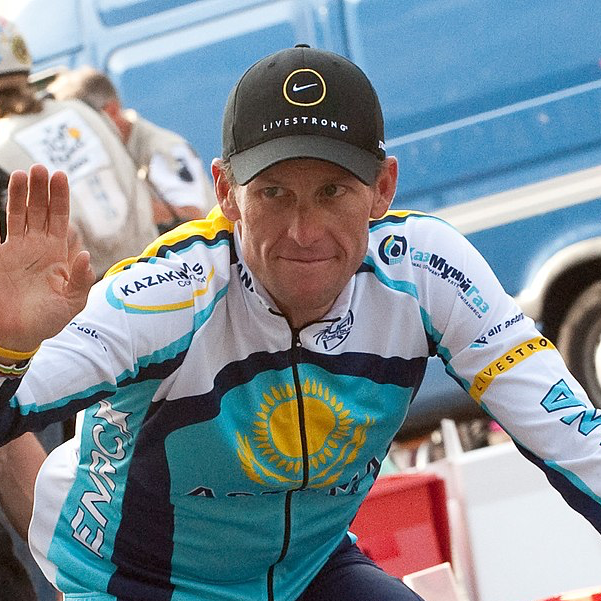In today’s hustle culture, it’s easy to believe that career success is all about standing out alone, proving you’re the one who can handle it all. Well, it’s not! Think about it, big, complex goals are rarely achieved solo. Rockets, skyscrapers, and, yes, that life-changing app on your phone were all built by teams, not lone wolves!
While in school, it was about individual achievements, right? Marks, GPAs? But in your career, it’s a whole new ballgame. Real success happens when you not only shine on your own but also work well with others. Your ability to bring people together towards a shared vision is like a secret career game changer! Teamwork isn’t just a checkmark on a performance review, it’s an intentional, transformative approach based on trust, communication, and a dash of patience!
Your ability to bring people together towards a shared vision is like a secret career game changer!
Welcome to our “Let’s-kill-it” series, #letsskillit, where we break down essential career skills. Today, we dissect why teamwork is your secret sauce and how you can wield it to stand out, no matter what field you’re in. Let’s jump in and explore the highs, lows, and laugh-out-loud examples of amazing (and not-so-amazing) team players, so you can level up your teamwork game.
Why Teamwork is Your Best Career Move
There’s an old saying: "If you want to go fast, go alone. If you want to go far, go together. "The value of teamwork is clear: it’s how complex dreams come true. Imagine a single person trying to build a bullet train alone, it’s a train wreck waiting to happen. And while teamwork isn’t a magical fix for everything, it’s your best bet for navigating the tricky, complex projects that your career will throw your way.
Here are five teamwork perks you’ll want to have up your sleeve:

- Diverse perspectives = innovative solutions
Every person on a team brings something unique: different backgrounds, skills, and perspectives. This mashup of viewpoints leads to more creative ideas and better solutions. When people brainstorm together, they’re literally sparking a “brainstorm” (which is why they call it that, by the way!). It’s how Pixar makes its magic happen: collaboration is their secret ingredient for animated blockbusters. - Shared responsibility: lightening the load
When you’re flying solo, the weight of a big project can be intense. But in a team, everyone pulls their weight (ideally), spreading out the workload and giving you all room to breathe. And yes, teams that share tasks also share the glory, just like that rocket that doesn’t blast off thanks to one genius alone. - Enhanced creativity and innovation
Working together stirs up creativity because you’re bouncing ideas around like a ping-pong ball. A team with a collaborative vibe sparks new ideas, takes more calculated risks, and makes better decisions. Just ask Pixar, their success relies on a culture of openness and feedback, which is why they’ve crafted some of the most beloved animated films. - Increased motivation and job satisfaction
Teamwork can make work way more fun and meaningful. Being part of a team where people care about each other’s success creates a supportive environment. Studies show that employees who feel they belong to a team are more engaged and generally happier at work. - Career growth and learning opportunities
Teams are like mini-universities: you’re constantly picking up new skills and insights from each other. Employers highly value teamwork skills, and being known as a team player can make a massive difference in your career trajectory.
But Hey, Teamwork Can Go Sideways Too
As much as we love the idea of teamwork, let’s keep it real, teamwork isn’t always perfect. If you’ve worked in a group project that went sideways, you know what I’m talking about. Here are a few downsides that can come with the team package:

- Groupthink: the downside of harmony
Sometimes, in the quest to keep the peace, teams avoid asking hard questions. This can lead to “groupthink,” where alternative ideas are ignored, and bad ideas are accepted without scrutiny. Believe it or not, some big corporate meltdowns have come from this. No one wants to rock the boat and that’s exactly the problem! - Uneven workloads and free-riding
Ah, free riders, the people who do the bare minimum but still get to share the credit. Unequal contribution can lead to frustration and resentment among team members, especially for those picking up the slack. - Communication breakdowns
Teams need clear, open communication to function well. Misunderstandings are a recipe for disaster, especially in diverse teams or ones with different communication styles. Poor communication can quickly derail even the most promising projects. - Personality clashes
Ever worked with someone whose approach was totally opposite to yours? Friction between personalities is common, and if it’s not handled with patience, it can kill team morale and productivity. - Time-consuming decision-making
While input from everyone can lead to better decisions, it can also slow things down. Sometimes, decision-making in a team takes forever as everyone shares their two cents, and if leadership isn’t strong, this can lead to frustration and project delays.
Team Player Hall of Fame (and Shame)
To get a better sense of what separates the great team players from the difficult ones, let’s look at some high-profile examples of both.
Hall of Fame: Team Player Champs
- Michael Jordan – from lone star to team leader

Early in his career, Jordan was all about individual success. But he soon realized that to win championships, he needed his teammates. By leading and supporting them, Jordan led the Chicago Bulls to six NBA championships, proving the power of great teamwork. He not only became a cultural icon, but he is often recognised as the among the greatest basketball players of all time! - Sheryl Sandberg – Facebook’s collaborative powerhouse
 Sheryl Sandberg, former COO of Facebook (now Meta), has a collaborative leadership style that’s all about open communication and inclusivity. She empowered her team to share ideas and make decisions, which was key to Facebook’s growth and monetisation as we know it today. Sandberg shows that teamwork isn’t just about structure, it’s about truly valuing everyone’s voice.
Sheryl Sandberg, former COO of Facebook (now Meta), has a collaborative leadership style that’s all about open communication and inclusivity. She empowered her team to share ideas and make decisions, which was key to Facebook’s growth and monetisation as we know it today. Sandberg shows that teamwork isn’t just about structure, it’s about truly valuing everyone’s voice. - Satya Nadella – Microsoft’s culture changer

Satya Nadella transformed Microsoft by building a culture of empathy, collaboration, and trust. He encouraged employees to communicate openly and challenge each other respectfully, which led to innovation and high employee morale. Nadella’s style shows how powerful teamwork rooted in empathy can be. He not only transformed Microsoft's strategy but its entire culture!
Hall of Shame: Teamwork Gone Wrong
- Lance Armstrong – the lone rider
 Lance Armstrong’s achievements were ultimately overshadowed by a win-at-all-costs mentality. He isolated himself from teammates and his unethical practices (hello, doping scandals) hurt his legacy and the cycling community. His story is a reminder that solo stardom can backfire. Even today, experts wonder how he got away for so many years despite repeated testing in his career!
Lance Armstrong’s achievements were ultimately overshadowed by a win-at-all-costs mentality. He isolated himself from teammates and his unethical practices (hello, doping scandals) hurt his legacy and the cycling community. His story is a reminder that solo stardom can backfire. Even today, experts wonder how he got away for so many years despite repeated testing in his career! - Adam Neumann – “We” or "MeWork"

WeWork’s Adam Neumann was known for making decisions without consulting his team, a move that ultimately led to the company’s failed IPO and his ousting. Neumann’s top-down approach shows what happens when collaboration isn’t valued. Despite a lot of talk and fancy, the entire WeWork empire funded by venture capitalists had to come crashing down to reality. - Elizabeth Holmes – isolated visionary

Elizabeth Holmes, founder of Theranos, created a culture of secrecy and control. By keeping experts out of the loop and rejecting input from her team, she missed crucial insights that might have saved the company. Holmes’ story is a lesson in how closed-off leadership can bring down a whole organisation. The very idea that Theranos claimed so much possibilities were a red flag but her approach only made it worse.
Becoming the Team Player Everyone Wants
Ready to be a better team player? Here are some tips to boost your teamwork cred:
- Show empathy and respect
Listen to others’ viewpoints and respect where they’re coming from. When you show empathy, people are more likely to trust and open up to you. - Keep the lines of communication open
Good communication means sharing updates, giving feedback, and resolving issues before they escalate. Keeping everyone in the loop is essential for success. - Be open to feedback
Constructive feedback is a team’s best friend. By giving and receiving feedback well, you’ll foster growth and show you’re committed to everyone’s success. - Celebrate wins together
Don’t wait for big milestones to celebrate. Recognizing even small achievements as a team keeps morale high and reminds everyone of their value. - Offer help and stay collaborative
When you’re proactive in helping others, you create a supportive environment. By showing up for your team, you’ll build strong, positive relationships.
Teamwork as Your Career Superpower
Teamwork is more than just a skill, it’s a way of life that can transform how you work and grow in your career. Great teams are built on trust, respect, and open communication, and they’re what can set you apart from the pack. So, next time you’re working with a group, remember: together, you can achieve far more than you ever could alone.
Teamwork is more than just a skill, it’s a way of life that can transform how you work and grow in your career.
Ready to take your teamwork skills to the next level? Keep following our #letsskillit series for tips that make a real impact on your career. Let’s achieve big things together! 🎉
Want to explore more? Sign up now to get invite-only early access to our AI app. Together, we’ll crush those goals and show the world how it’s done. We’re all about helping you master the essential career skills to crush your goals. Let’s conquer life together!
#Skillstr #letsskillIt #TeamWork #CareerSkills #PowerSkills #SuccessSkills #PersonalDevelopment